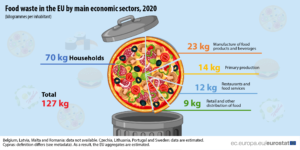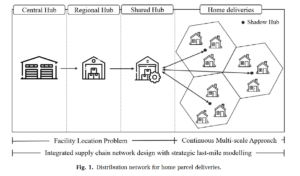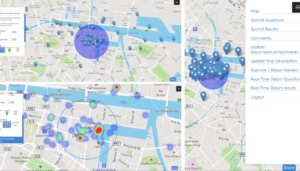New DISCO E-Course Launch: Mastering Evaluation for Sustainable Urban Logistics

DISCO launched a new e-course. Mastering Evaluation for Sustainable Urban Logistics Solutions: Insights from the DISCO Project is designed to give you the knowledge, tools, and confidence to evaluate sustainable urban logistics solutions and connect them to bigger policy goals like Sustainable Urban Logistics Plans (SULPs) and the UN Sustainable Development Goals (SDGs). Whether you’re …









